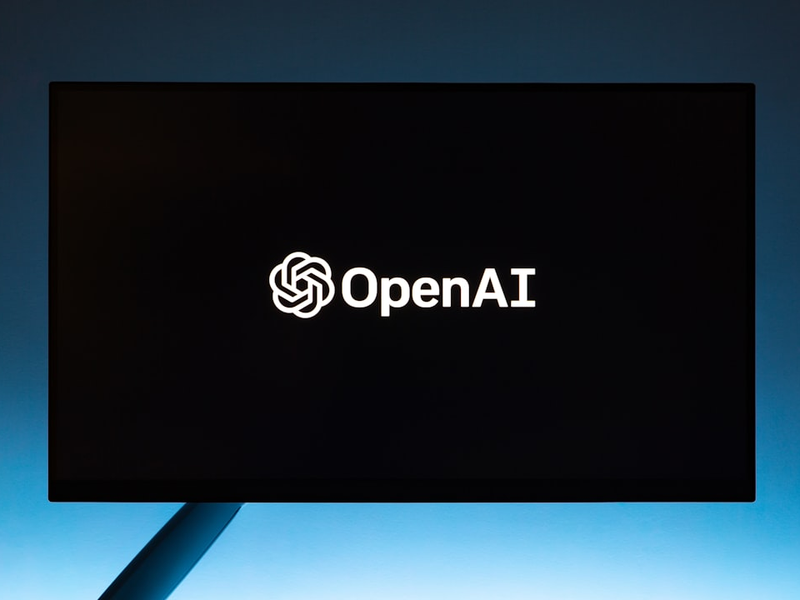OpenAI Just Dropped Open-Source AI Models You Can Run on Your Own Computer

Photo by Andrew Neel on Unsplash
Tech enthusiasts and AI nerds, get ready for a game-changing moment in artificial intelligence. OpenAI has just released two groundbreaking open-source generative AI models that you can actually download and run on your personal hardware.
The new models, gpt-oss-120b and gpt-oss-20b, mark the company’s first open-weight models since GPT-2 in 2019, offering unprecedented accessibility for AI experimentation. These aren’t just any models - they come with robust capabilities including simulated reasoning, tool use, and deep customization options.
The smaller gpt-oss-20b boasts 21 billion parameters, cleverly reduced to 3.6 billion parameters per token using mixture-of-experts (MoE) technology. Its bigger sibling, gpt-oss-120b, has 117 billion parameters, condensed to 5.1 billion per token. This means even the smaller model can run on a consumer machine with 16GB of memory, while the larger model requires around 80GB.
Both models feature an impressive 128,000 token context window and configurable chain of thought (CoT) settings. Users can adjust performance levels from low to high, balancing computational resources with output quality. The models perform impressively, benchmarking close to OpenAI’s proprietary cloud-based models in various tasks, particularly excelling in math and coding challenges.
While they might not quite match the performance of cutting-edge models like Google’s Gemini Deep Think, these open-source models represent a significant leap forward in democratizing AI technology. Developers, researchers, and tech enthusiasts can now experiment, customize, and push the boundaries of generative AI right from their own machines.
The release signals OpenAI’s commitment to making advanced AI more accessible and transparent, potentially sparking a new wave of innovation in the tech community.
AUTHOR: pw
SOURCE: Ars Technica
























































